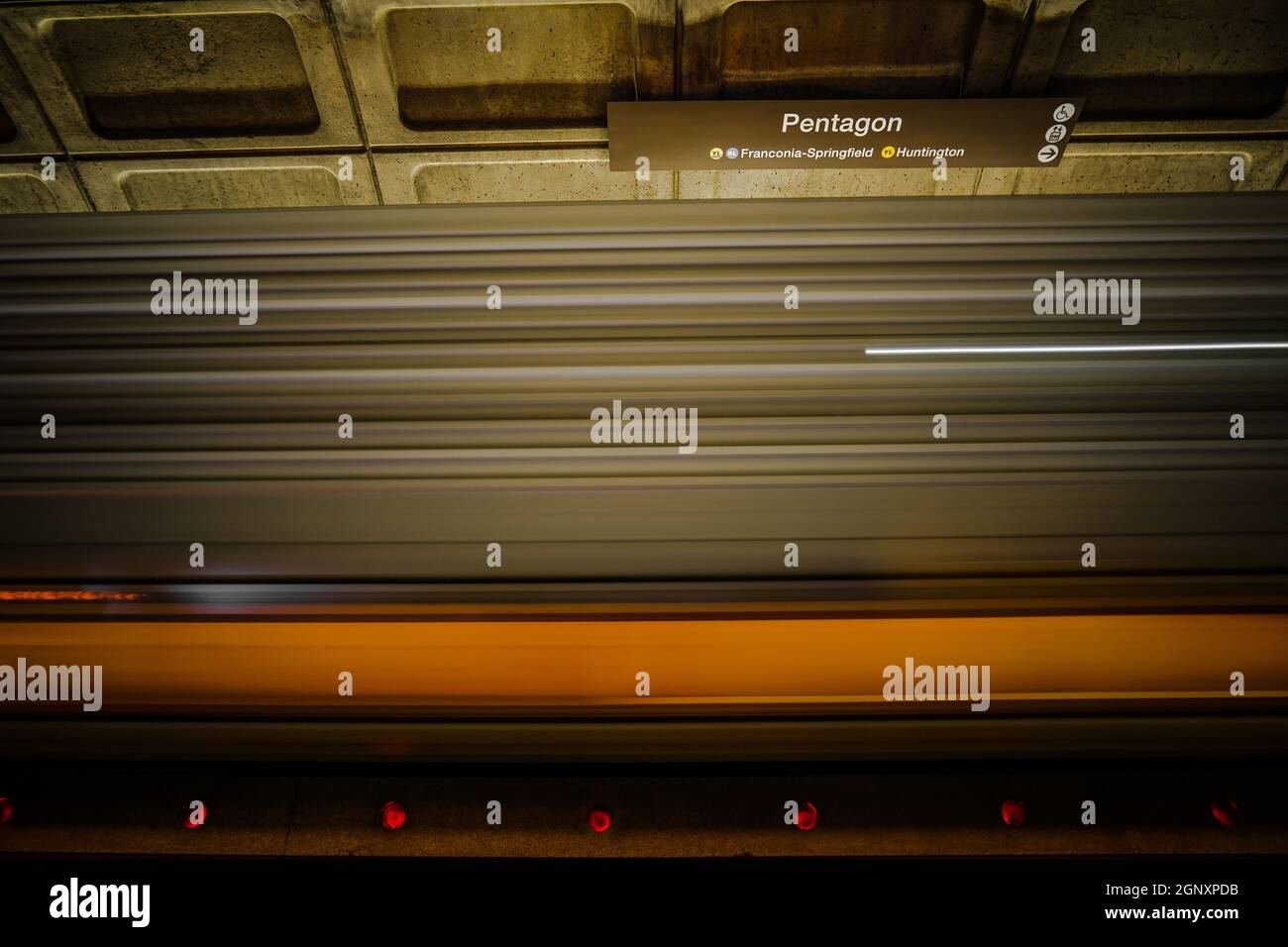The Washington DC metro shooting incident has captured national attention, sparking conversations about public safety, gun control, and mental health. This tragic event highlights the vulnerabilities in urban transportation systems and raises questions about how such incidents can be prevented in the future. The incident has also reignited debates about gun laws and the need for stricter regulations.
As one of the most densely populated cities in the United States, Washington DC relies heavily on its metro system for daily commutes. The shooting incident has not only affected the victims and their families but also instilled fear among commuters who depend on public transportation. Understanding the context, causes, and consequences of this event is crucial for developing effective solutions.
In this article, we will delve into the details of the metro shooting in DC, exploring its background, the response from authorities, and the broader implications. By examining the factors that contributed to the incident and the measures being taken to prevent similar occurrences, we aim to provide a comprehensive overview that informs and educates our readers.
Read also:Patricedabody Onlyfans Unveiling The Rise Of An Influencer
Table of Contents
- Overview of the Metro Shooting Incident
- Background Details of the Shooting
- Authorities' Response to the Incident
- Safety Measures in Metro Systems
- Mental Health Concerns Linked to the Shooting
- The Gun Control Debate in the Wake of the Incident
- Public Reaction and Community Impact
- Legal Implications of the Shooting
- Prevention Strategies for Future Incidents
- Conclusion and Call to Action
Overview of the Metro Shooting Incident
The metro shooting in Washington DC occurred on [insert date], sending shockwaves through the community and beyond. The incident took place at [insert location], a busy station that serves thousands of commuters daily. Reports indicate that the shooter was armed with a handgun and targeted multiple individuals, resulting in several casualties.
Law enforcement officials quickly responded to the scene, initiating a lockdown of the surrounding area to ensure public safety. The swift action by authorities helped prevent further loss of life and provided a sense of security to those affected. However, the incident has left a lasting impact on the community, prompting calls for increased safety measures and policy reforms.
Background Details of the Shooting
Who Was Involved in the Incident?
The shooter, identified as [insert name], had a history of mental health issues and prior encounters with law enforcement. Interviews with friends and family revealed warning signs that were overlooked or inadequately addressed. Understanding the background of the individual involved is essential for identifying potential risk factors and implementing preventive measures.
- Age: [insert age]
- Occupation: [insert occupation]
- Criminal Record: [insert details]
Factors Contributing to the Incident
Several factors contributed to the metro shooting in DC, including the accessibility of firearms, inadequate mental health support, and lapses in security protocols. Experts emphasize the need for a multifaceted approach to address these underlying issues and create a safer environment for all citizens.
Authorities' Response to the Incident
Following the shooting, local authorities launched a thorough investigation to determine the motives behind the attack and identify any potential accomplices. The Metropolitan Police Department collaborated with federal agencies to gather evidence and piece together the events leading up to the tragedy.
In addition to the investigative efforts, officials held press conferences to keep the public informed and address concerns. Transparent communication from authorities helped alleviate some of the fear and uncertainty surrounding the incident.
Read also:How To Build A Successful Online Business In 2023
Safety Measures in Metro Systems
Current Security Protocols
Washington DC's metro system employs various security measures to protect commuters, including surveillance cameras, metal detectors, and patrolling officers. Despite these precautions, the shooting incident exposed vulnerabilities that require immediate attention.
Proposed Enhancements
Experts suggest implementing advanced technologies such as facial recognition software and AI-driven threat detection systems to enhance safety. Increasing the presence of law enforcement personnel and conducting regular drills can also contribute to a more secure environment.
Mental Health Concerns Linked to the Shooting
Mental health experts have highlighted the importance of early intervention and support for individuals exhibiting warning signs of violent behavior. The metro shooting in DC underscores the need for improved access to mental health services and resources for at-risk populations.
Community organizations and government agencies must work together to reduce stigma surrounding mental illness and promote awareness about available support systems. By addressing mental health concerns proactively, we can prevent future tragedies.
The Gun Control Debate in the Wake of the Incident
The metro shooting in DC has reignited the national conversation about gun control, with advocates calling for stricter regulations on firearm ownership. Proponents argue that limiting access to weapons can significantly reduce the likelihood of such incidents occurring.
Opponents of gun control measures emphasize the importance of protecting Second Amendment rights while advocating for responsible gun ownership. Finding a balance between these perspectives is crucial for enacting meaningful legislation that prioritizes public safety.
Public Reaction and Community Impact
The aftermath of the metro shooting has been marked by an outpouring of support for the victims and their families, with vigils and memorials organized across the city. Many residents have expressed concerns about their safety while using public transportation and demand action from policymakers to address their fears.
Community leaders and activists are leveraging this moment to advocate for systemic changes that promote safety and well-being. Engaging the public in these discussions is vital for fostering a sense of unity and collective responsibility.
Legal Implications of the Shooting
The legal proceedings following the metro shooting in DC will likely involve multiple charges against the perpetrator, including murder and attempted murder. Prosecutors must present a compelling case based on evidence collected during the investigation.
Victims and their families may also pursue civil lawsuits to seek compensation for damages suffered as a result of the incident. Legal experts emphasize the importance of holding accountable parties responsible while respecting due process and fairness.
Prevention Strategies for Future Incidents
Community-Based Initiatives
Encouraging community involvement in prevention efforts can lead to more effective outcomes. Programs that focus on conflict resolution, education, and empowerment can help reduce instances of violence and promote a culture of peace.
Policy Recommendations
Legislators should consider implementing policies that address the root causes of gun violence, such as poverty, inequality, and lack of access to resources. By investing in programs that uplift marginalized communities, we can create a more equitable society where such incidents are less likely to occur.
Conclusion and Call to Action
The metro shooting in Washington DC serves as a stark reminder of the challenges we face in ensuring public safety and addressing the underlying issues contributing to gun violence. Through increased awareness, collaboration, and commitment to change, we can work towards a future where such tragedies become a thing of the past.
We invite our readers to share their thoughts and experiences in the comments section below. Together, we can foster a dialogue that leads to meaningful action and positive change. Explore our other articles for more insights into critical issues affecting our communities today.
References:
- Washington Post
- New York Times
- Federal Bureau of Investigation (FBI)
- Metropolitan Police Department (MPD)
- American Psychological Association (APA)


